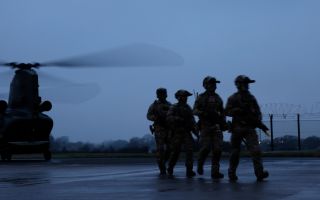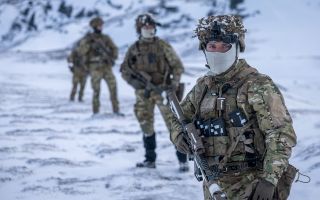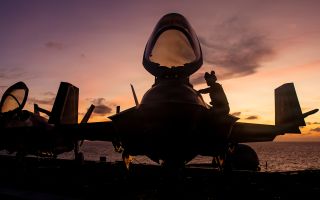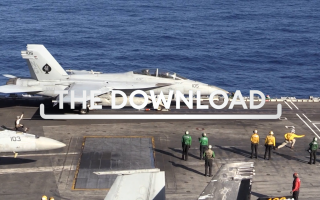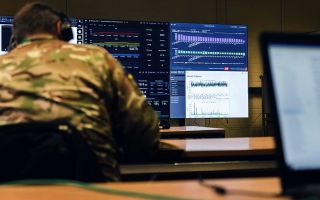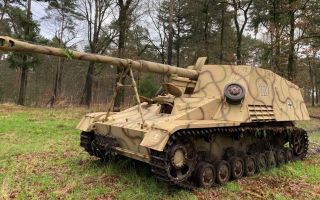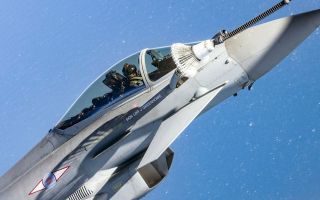Korean War veteran, 93, recalls troops' ingenious ways of surviving -40°C temperatures
In the harsh winter of 1952, the Korean Peninsula was gripped by freezing temperatures, presenting a formidable challenge to the troops fighting in the Korean War.
For Joe Hill, a Signal Sergeant with First Battalion Royal Fusiliers, memories of that bitter winter and the ingenious ways they coped with the cold still linger.
In an interview with Forces News, Mr Hill, now 93, vividly recounted his experiences, shedding light on the life of a soldier during the conflict that would later be called 'The Forgotten War'.
In September 1952, after a gruelling six-week journey on board the SS Empire Orwell, Mr Hill arrived in Korea.
Shortly after his arrival, boxes of winter uniforms were delivered in anticipation of the harsh winter typical of the Korean Peninsula.
"You had a proper string vest made of string, knotted together. Over that, you had a woolly vest," Mr Hill said.
Two pairs of long johns of varying thickness were required to ward off hyperthermia.
The soldiers wore windproof trousers and combat jackets over the top, completing the ensemble with a hefty parka that had a malleable hood.
The hood could be tightened so that only a slit remained wide enough to look out of.
Mr Hill said the knee-length parka was "absolutely first class."
Just three months after the soldier's arrival, temperatures plummeted to a bone-chilling -40°C.
To cope with the freezing conditions, troops had to get creative with their heating solutions.
Mr Hill shared their innovative method of using ammunition boxes, filled with several inches of earth and topped with artillery casings to create a makeshift chimney.
A jerry can of diesel, some rubber tubing and a signal aerial were also used to complete the heating system
"You punched a hole in the diesel can and lead the fuel to drop into the earth which you then light, and that would heat your hoochie [a dugout]," the veteran said.
It was not the only time troops had to use their ingenuity. Mr Hill recalled how they transformed steel pickets, normally used for securing barbed wire to the ground, into makeshift beds.
By arranging the pickets into a rectangular shape and weaving wires across them, they fashioned surprisingly comfortable bedspreads that provided some respite during the harrowing days.
As Mr Hill reflected on his time in Korea, he emphasised the severity of the winter weather, saying: "You would not forget that in a hurry."
The harsh conditions demanded perseverance and adaptability from the troops, as they fought not only against the North Korean forces but also against nature itself.

